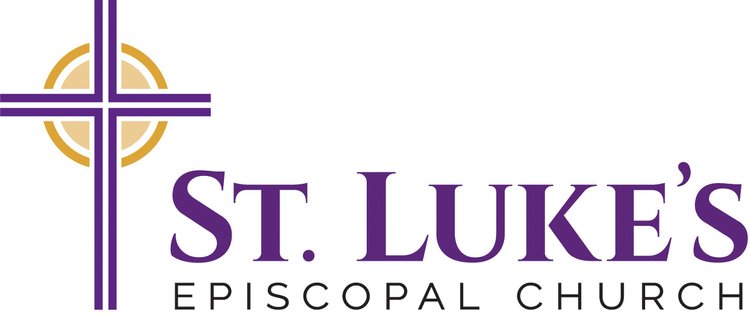A Meditation: In the wilderness, Jesus fasted.
In the wilderness, Jesus fasted.
In the wilderness, Jesus hungered
For forty days.
Like his ancestors before him
who were in the wilderness
for forty years
hungry and thirsty
ornery and contrary
Jesus hungered.
These ancestors were hangry, too.
They said they’d rather go back to Egypt
where at least they had something to eat.
“Oh, the fish, the melons, the leeks,
the onions, the cucumbers and the garlic”
(as if those flavors could take away
the bitter taste of slavery).
And God did not give up on them.
God gave them a new feast of manna and quails
and water from the rock.
Unlike his contrarian ancestors,
Jesus was alone in the wilderness.
Hungry. Exhausted. And alone.
(Was he hangry, too?)
Of course he wanted to turn a stone into bread.
Just one little stone into one small loaf.
What would be the harm?
Who would have to know?
Alone, with no one there to witness his hunger
and no one there to relieve it
he was tempted.
And he said no. He said no.
So he stayed hungry.
And weak. Vulnerable. Exhausted –
Until he walked out of the wilderness
and someone gave him a loaf of bread.
Until he walked out of the wilderness
and back into community with people.
Were there friends waiting
at the edge of the wilderness,
bread and figs in their hands?
Did strangers notice his condition
and share their own lunch?
Did he knock on the nearest door
and ask for food?
The story doesn’t say. So I imagine.
And in every imagining, the bread Jesus finally eats
is given to him by a person,
by an ornery, contrary, compassionate,
broken, beautiful person.
The same Jesus who longed to gather ornery, broken, beautiful people
as a hen gathers her chicks under her wings
depended on those vulnerable chicks to care for him
when he left the wilderness.
when he travelled from town to town
with no purse and no extra pair of sandals
when he pre-planned his final meal with his friends
when in death as in life had no where to lay his head.
He depended on community.
Who are these people who wait for you at the edge of the wilderness?
Who are the people to whom you give bread and water
when they are in the wilderness?
Who are the people you long to gather into Jesus’ arms,
or into your own?
Who are the people you wish would hold you tight?
When you are hungry and hangry and vulnerable,
who are your friends?
Whose friend are you?
God give us the grace, the hope,
the courage, the strength
to depend on other people
just as Jesus did.
God feed us with the bread of community.
- Bishop Susan Goff
